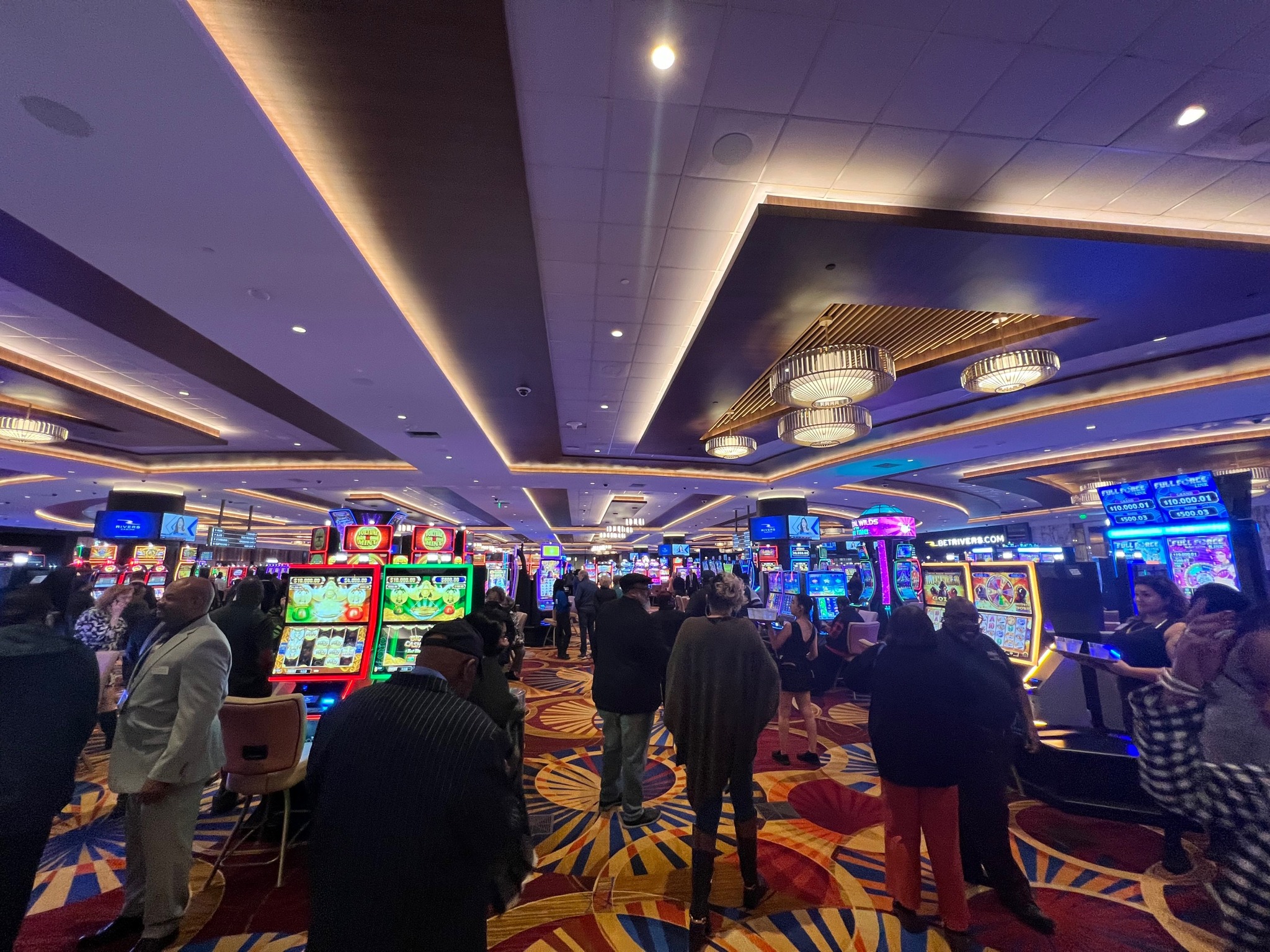
This realm of gaming games is constantly evolving, propelled by developments in tech, changing player preferences, and emerging trends. As we look towards the next years, it is essential to remain informed about the developments that are likely to influence the future of this vibrant industry. From the emergence of innovative play experiences to the incorporation of state-of-the-art technology, casino entertainment are undergoing a revolution that pledges to improve enjoyment and involvement for players.
As landscape shifts, new trends are surfacing that appeal to a varied crowd seeking unique and engaging gaming experiences. The combination of classic favorites and modern twists is redefining how gamers engage with gaming entertainment. FB88 In this piece, we will explore the most notable developments to observe, providing insights into how they may affect both players and operators alike.
Developing Advancements in Gaming Play
The world of gambling play is set for significant evolution as emerging innovations begin to redefine the method gamblers interact with their favorite titles. One of the most prominent trends is the integration of VR (&) AR into play. These advancements create immersive environments that enable players to feel as if they are located at a physical gaming table in a casino, providing a level of involvement that traditional internet games cannot equal. As virtual reality and AR become more attainable, we can anticipate a wave in groundbreaking gaming that transcend the boundaries of physical and online casinos.
Another important technological advancement is the adoption of artificial intelligence in designing games and player experience. Artificial Intelligence can review gamer habits and preferences, letting gambling establishments to personalize gaming sessions and enhance customer service. This technology not only enhances gaming suggestions but also assists in creating adaptive game designs that develop based on gamer abilities. Gambling establishments are employing AI to enhance their operations, guaranteeing that they deliver entertaining and personalized experiences that make players returning for further.
Blockchain is also gaining attention in the gambling field, especially in digital gaming. By offering clarity and safety, this technology allows players to confirm the fairness of games offered and safely handle their deals. With cryptocurrencies gaining acceptance, more casinos are beginning to take digital currencies, catering to a tech-savvy customer base that appreciates discretion and quick transactions. As these technologies evolve, they promise to revolutionize the gambling gaming industry, making it more secure and accessible to a global audience.
Changes in Gamer Tastes
As the environment of casino changes, players are increasingly gravitating towards more captivating experiences. Classic slot games and table options are making room for technologically advanced alternatives that feature advanced graphics and dynamic features. Individuals are desiring involvement beyond mere chance, which is leading to a increase in titles that mix ability with fortune. This transition signifies a preference for entertainment that not only offers the potential for winnings but also offers an engaging story or thematic journey.
Smartphone play continues to shape player choices significantly. With the rise of smartphones, many players now choose to play their preferred casino games on-the-go rather than entering brick-and-mortar casinos. This ease has led online casinos to improve their smartphone platforms, offering a fluid transition from desktop to on-the-go gameplay. As the tech improves, players will have availability to an even greater range of games that can be played at any time and anywhere, matching with the fast-paced lifestyle many adopt today.
Additionally, social gaming is reshaping how players engage with casino titles. The inclusion of social features, such as celebrating achievements or competing with peers, is increasing popular. Gamers appreciate the camaraderie and sense of community that community-driven gaming provides, changing the isolated nature of classic gambling titles into a more communal interaction. This trend emphasizes the importance of social interaction in play and indicates that future innovations will likely concentrate on enhancing these features to meet player wants.
Regulatory Reforms Affecting Casinos
In the past few years, regulatory changes have considerably transformed the landscape of casino games. Governments around the world are increasingly recognizing the importance of regulating digital gambling to guarantee player protection and accountable gaming. This shift has led to tighter licensing criteria and transparency measures for online casinos, eventually transforming how they operate and appeal to players. As laws become stricter, casinos must modify their offerings and marketing strategies to comply, impacting the types of games and promotions available.
The growth of legal sports betting in various jurisdictions has introduced a whole new segment of casino games. As more states and countries legalize sports wagering, casinos are expanding their selection of games to include diverse betting options. This trend not only draws in sports fans but also enhances the overall gaming experience. Additionally, with the adoption of technology, casinos are now capable of offering live betting and interactive gaming options that attract the modern player, building a dynamic environment that meets regulatory demands while enhancing engagement.
Looking ahead, the regulatory landscape will continue to evolve, potentially giving rise to new opportunities and challenges for casinos. Innovations such as blockchain technology and cryptocurrency payments are gaining traction, prompting regulators to consider how to incorporate these elements safely into the gaming sector. As the regulatory framework progresses, casinos that stay ahead of the curve by aligning their practices with new laws will probably thrive, ensuring their games remain attractive and legitimate in an ever more competitive market.